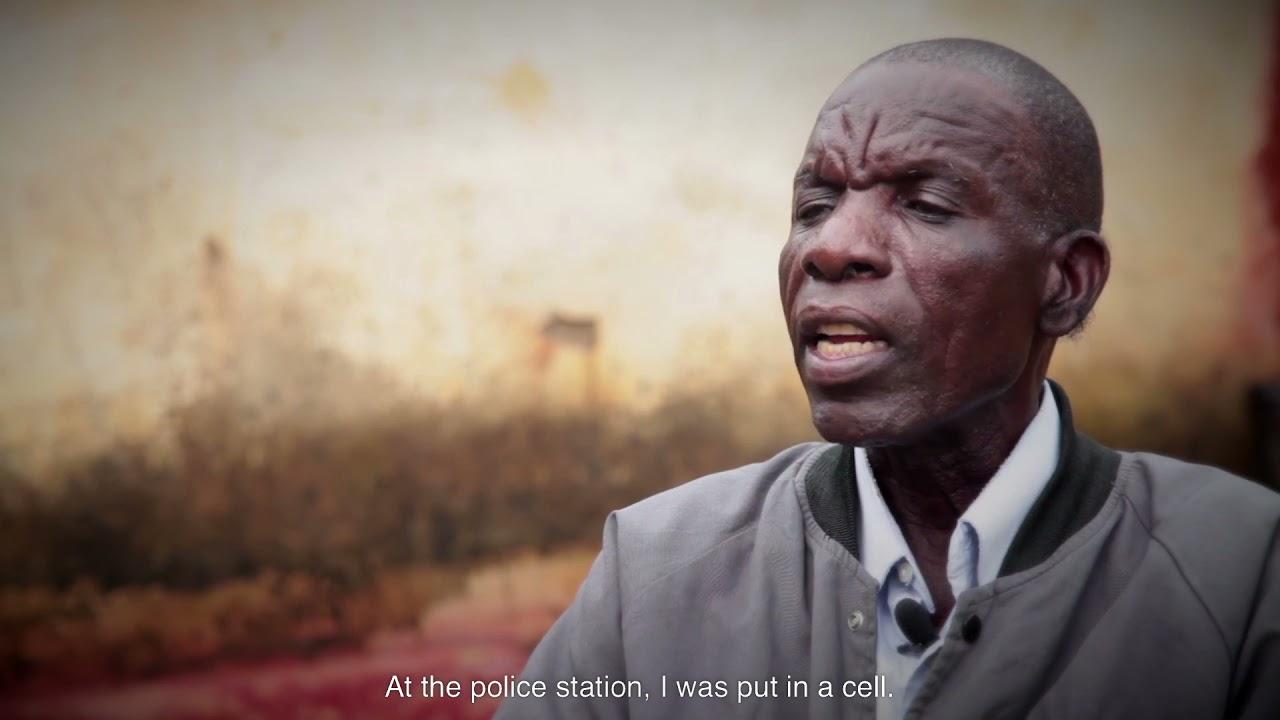New project will provide quality legal aid to more vulnerable citizens in Zambia

At age 66, Bernard Kasaka was arrested and charged with assault. Like many other vulnerable Zambians accused of crimes, he could not afford a private lawyer, faced a legal system he did not understand and risked lengthy imprisonment before trial. Because of assistance received at the local police station’s legal aid desk, Bernard Kasaka avoided imprisonment. In the coming years, the Institute will contribute to a project ensuring even more Zambian citizens gain access to quality legal aid in the future.
Since 2013, legal aid desks have been set up in Zambian courts, prisons, and police stations to provide quality legal aid to vulnerable Zambian citizens. In 2020, the Institute contributed to setting up four new desks, and, thanks to a new agreement with the Deutsche Gesellschaft für Internationale Zusammenarbeit GmbH (GIZ) the work will continue for years to come. Karol Limondin, Chief Adviser at the Danish Institute for Human Rights, says that the work can continue uninterrupted and hopefully benefit a larger group of vulnerable citizens and communities in Zambia.
“The goal now is not only to establish more legal desks but to ensure that the aid people receive is of a high quality, that we involve local communities, and that more women, young Zambians and people with disabilities have access to this aid,” says Karol Limondin.
“Without the help I received, I would be in prison now”
More than 60,000 Zambians have received help and assistance from paralegals and legal aid assistants working at legal aid desks. Throughout four regions, nineteen desks have, so far, been established. In 2020, 73 per cent of people who received assistance and representation in court through one of these desks avoided imprisonment. Among them was Bernard Kasaka, whose story you can hear in the video below:
As part of the bilateral development cooperation between Zambia and Germany the technical cooperation module “Promoting Transparency, Participation and Access to Justice” (EnACT) has been commissioned by the Federal Ministry for Economic Cooperation and Development (BMZ) in June 2021. The project is implemented by GIZ. The Danish Institute for Human Rights provides technical assistance for the implementation of the legal aid component of the project. The project will be working in Lusaka, Southern, Copperbelt and Luapula Province. It is a continuation of two previous GIZ programmes - the Civil Society Participation Programme (CSPP) & Programme for Legal Empowerment and Enhanced Justice Delivery (PLEED) which was co-funded by the European Union (EU). The programme’s objective is the improvement of access to accountable institutions, justice and to transparent decision-making processes for the Zambian population, with a specific focus on vulnerable groups such as women, youth and people with disabilities.

